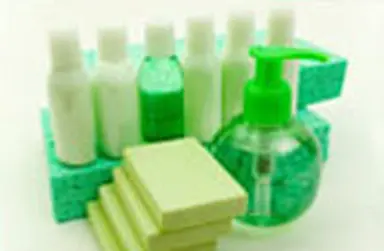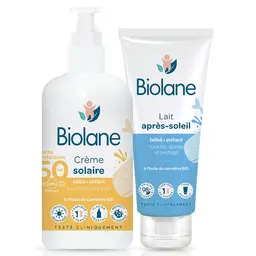
What is a cosmetic product? We all think we know … but we all may have a different definition! The new European Cosmetic Regulation provides its own.
According to the European Regulation EC No 1223/2009 , "cosmetic product" means any substance or mixture intended to be placed in contact with the external parts of the human body ( epidermis , hair system, nails , lips and external genital organs) or with the teeth and the mucous membranes of the oral cavity with a view exclusively or mainly to cleaning them, perfuming them, changing their appearance, protecting them, keeping them in good condition or correcting body odours.
In
plain English
, cosmetic
products are classified in
several categories:
• creams, emulsions, lotions, gels and oils for the skin (hands, face, feet, in particular)
• face masks, except for products of superficial skin abrasion by chemical way
• tinted bases (liquids, pastes, powders)
• make-up powders, after-bath powders, hygienic powders and other powders
• toilet soaps, deodorant soaps and other soaps
• perfumes, toilet waters and eau de Cologne
• bath and shower preparations (salts, foams, oils, gels)
• depilatories
• deodorants and anti-perspirants
• hair care products:
- hair colorants
- products for waving, straightening and fixing hair
- hair-setting products
- hair-cleansing products (lotions, powders, shampoos)
- hair-conditioning products (lotions, creams, oils)
- hairdressing products (lotions, lacquers, brilliantines),
• shaving products (creams, foams, lotions)
• make-up and products removing make-up
• products intended for application to the lips
• products for care of the teeth and the mouth
• products for nail care and make-up
• products for external intimate hygiene
• sunbathing products
• products for tanning without sun
• skin-whitening products
• anti-wrinkle products













